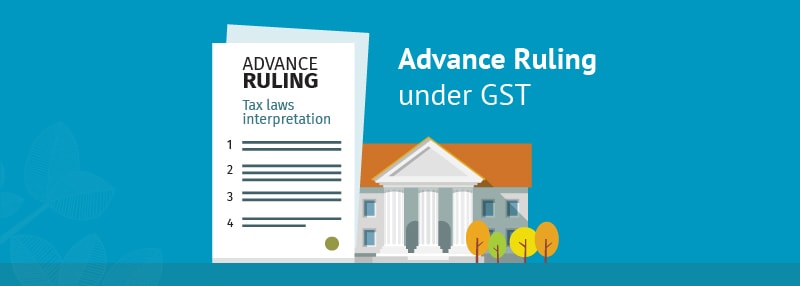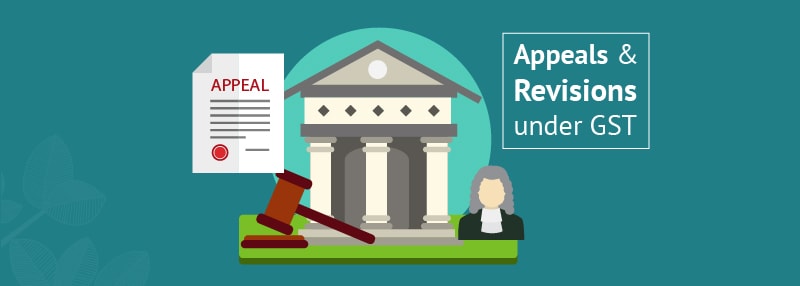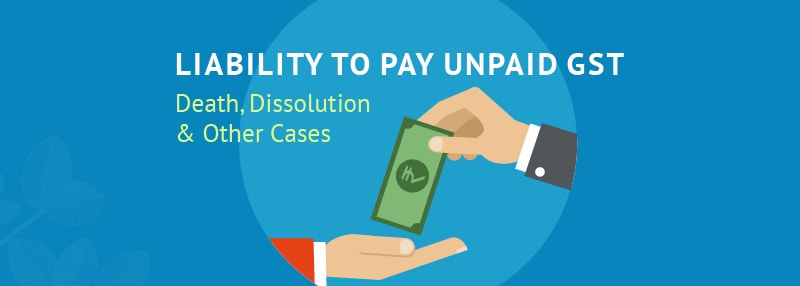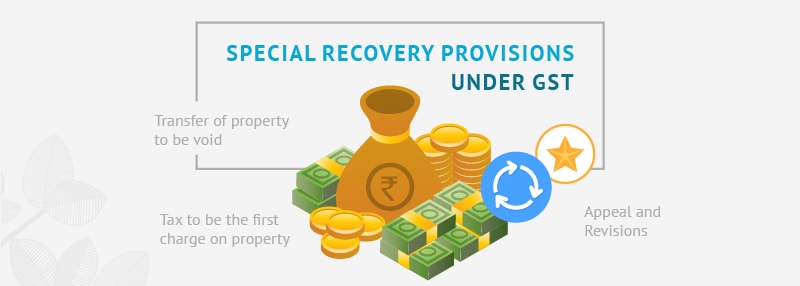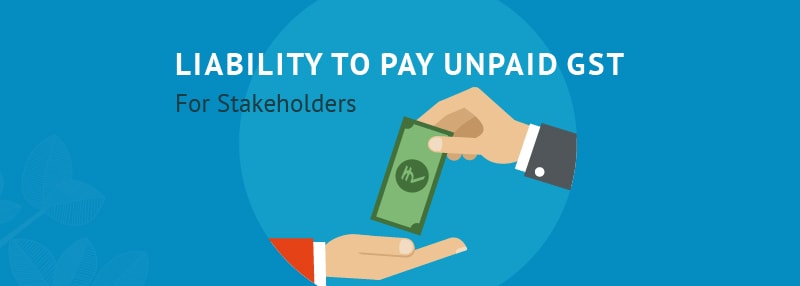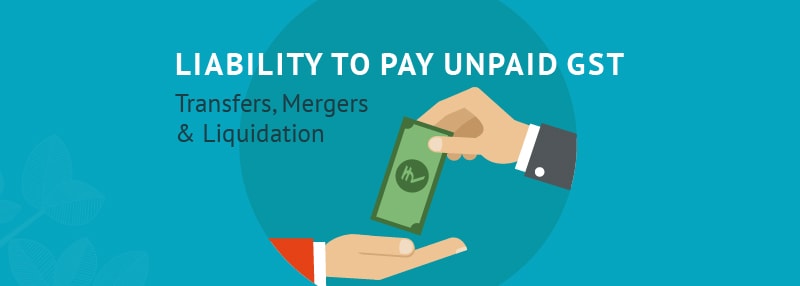By definition, an advance ruling primarily means a decision provided by the adjudicating authority or the Appellate Authority to an applicant on specified matters or on specified questions, related to the supply of goods and / or services proposed to be undertaken or being undertaken by the applicant. In simple terms, an advance ruling is basically a written interpretation of tax laws, which is issued by tax authorities to corporations as well as individuals who request for clarifications related to tax. An advance ruling is mostly requested, when the taxpayer is confused about certain provisions. In this blog, we will learn in more detail about advance ruling in GST.
Why is Advance Ruling in GST necessary?
Advance Ruling in GST is deemed necessary primarily because of the following reasons:
- To provide advance certainty for tax liability, in relation to a future activity to be undertaken by the applicant
- To attract Foreign Direct Investment i.e. FDI, by clarifying taxation and showing a clearer picture of the future tax liability of the FDI. The clarity and clean taxation procedures will attract non-residents who would otherwise not want to get involved in messy tax disputes
- To reduce litigation and to reduce the cost of legal disputes
- To give decisions in a timely, transparent and inexpensive manner
When can one request for Advance Ruling?
As discussed above, any taxable person can request for an advance ruling in GST when he is confused about certain provisions. As per the provisions, advance ruling under GST is applicable on the following:
- Classification of any goods and / or services
- Applicability of a notification which affects the rate of tax
- Determination of time and value of supply of goods and / or services
- Whether ITC paid (or deemed to be paid) will be allowed
- Determination of the liability to pay tax on any goods and / or services
- Whether the applicant has to be registered under GST
- Whether any particular activity done by the applicant regarding goods and / or services will result in a supply
What are the various levels of Advance Ruling?
There will be two levels of Advance Ruling in GST:
- Authority for Advance Ruling (AAR)
- Appellate Authority for Advance Ruling (AAAR)
An advance ruling under GST will first be sent to the Authority for Advance Ruling (AAR). Any taxable person who is not satisfied with the advance ruling can appeal to the Appellate Authority for Advance Ruling (AAAR)
Advance Ruling mechanism in GST – AAR
The advance ruling mechanism in GST is initiated with the intervention of the AAR i.e. the advance ruling authority. Let’s understand in detail.
What is the composition of the AAR?
The Authority for Advance Ruling (AAR) shall comprise 1 member from CGST and 1 member from SGST / UTGST, who will be appointed by the Central and State Governments respectively.
How to apply Advance Ruling in GST?
Generally, an application for advance ruling to the advance ruling authority under GST i.e. AAR, will be done, before the start of the proposed activity. On receipt of the application, a copy will be forwarded to the prescribed officer, who will then furnish the necessary relevant records
What are the forms required for Advance Ruling by AAR?
The application for advance ruling to the advance ruling authority, has to be made in Form GST ARA-01 along with payment of fees of INR 5000.
What is the purview of the Advance Ruling rules under GST?
The advance ruling authority under GST can, by order, either admit or reject the application. However, applications may be rejected only after giving the applicant an opportunity of being heard. Also, the reasons for rejection shall need to be provided in writing.
As per the provisions, the AAR will also not allow applications in the following cases:
- When the same matter has already been decided in an earlier case for the applicant
- When the same matter is already pending in any proceedings for the applicant
What is the time limit of the Advance Ruling by AAR?
An advance ruling decision will be given within 90 days by the AAR from the date of the application, as per the advance ruling system for GST.
What is the scope of the Advance Ruling by AAR?
As per the advance ruling system for GST, the decision of the AAR will be binding only on the following entities:
- Applicant
- Jurisdictional Tax Authorities in respect of the Applicant
If at any point in time, the members of the AAR differ in opinion on any point, they will refer the point to the Appellate Authority of Advance Ruling (AAAR). In any case, any person who is not satisfied with the ruling of the AAR, can appeal to the AAAR, more of which we will understand in our next blog.
